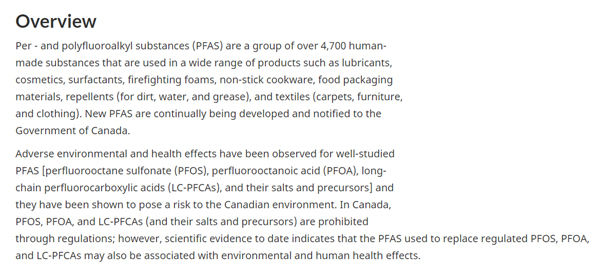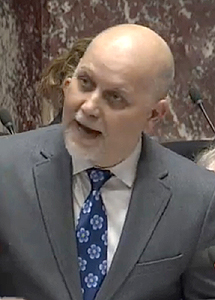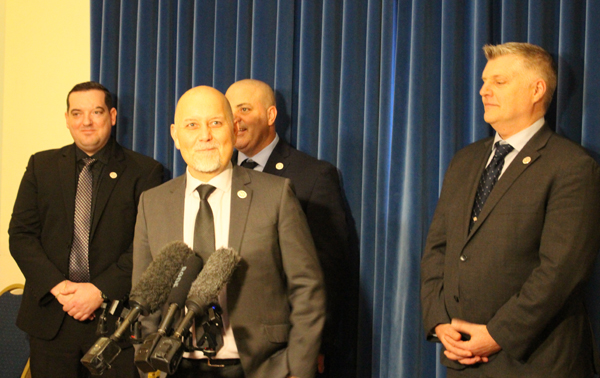
Friday March 15, 2024 | VICTORIA, BC [Updated 4:50 pm]
by Mary P Brooke | Island Social Trends
The proposed news Firefighter Protection Act, 2024 which would mitigate the risks associated with polyfluoroalkyl substances (PFAS) exposure in firefighting operations was introduced yesterday as a private members bill by the BC Greens.
The private members bill introduced by Adam Olsen, MLA for Saanich North and the Islands addresses the cancer risk concerns that the firefighter sector has been addressing for years. it prioritizes the safety and well-being of firefighters in BC.
For over 10 years it’s been known that there are direct correlations between use of chemical-laden protective firefighting gear as well as other chemicals (as in fire suppression foam) used in the work of firefighting and the high incidence of cancer in firefighters.
BC Greens role:
This is another case of where the BC Greens — as an opposition party in the BC Legislative Assembly — can find ways to bring forward areas of legislation that might get missed in the bigger picture, in this case building bridges of support across communities.
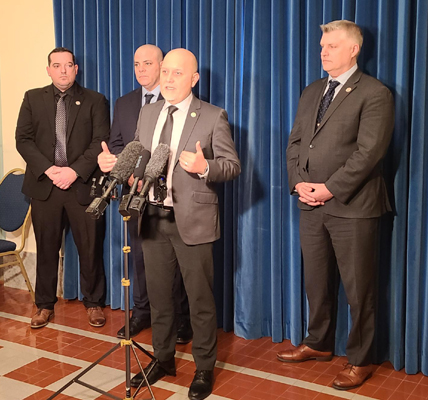
Olsen said yesterday in a media scrum that advances have been made in the chemical protection used in firefighting gear to “ensure that fire crews are protected while they’re on the front lines fighting fires”.
“However long-term impacts of their exposure to the PFAS needs to be limited. We can see the impacts on the negative long-term health and well-being of firefighters,” said Olsen.
“We’ve taken the step to put together a good piece of legislation, that if passed is enforceable. It’s a good bill, and we’re asking the provincial government to take the proactive steps to start phasing out of protective uniforms that contain PFAS,” said Olsen in his remarks to media.
He noted and thanked the Vancouver Fire Department for being the first to undertake the work of phasing out the contaminated gear; he commended their leadership.
“The Bill we put on the table today creates a level of equity across the province,” said Olsen. “By setting the standard and helping other departments across the province we’ll set single expectations in standards across the province,” said Olsen.
Broader support:
All aspects of the impact of the PFAS chemicals have been brought forward to members of all parties in the legislature, said Olsen. “Members of the legislature heard the advocacy,” said Olsen, adding “so that people we ask to do this tough job have the protection they need”.
“Last week, members of the British Columbia Professional Fire Fighters’ Association met with all Members of the Legislative Assembly to advocate for key priorities. Our colleagues in the BC United Caucus responded to their advocacy with several proposals, which we support,” said Olsen.
The Firefighter Protection Act reaffirms British Columbia’s leadership in promoting occupational health and safety standards and serves as a model for jurisdictions worldwide.
Way back in 2013, the District of Sooke fire department hosted a regional information seminar about the cancer-causing impacts of firefighting chemicals.
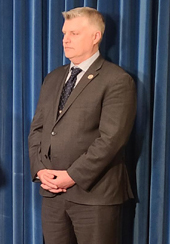
Todd Schierling, president of the BC Professional Firefighters’ Association addressed the media briefly yesterday as well. “It’s an important Bill to safeguard our firefighters,” said Schierling. “The BC Government has an opportunity to take the lead on a topic that is an international topic,” he said, adding their their leaders are going to Ottawa next month to discuss with the federal government a ban on PFAS in protective gear.
Prevention is the key, he said, explaining that it’s important to mitigate the risk to firefighters. “Cancer is the number one killer of firefighters,” said Schierling. In the last year eight more cancers were added to the presumptive list by lobbying the federal government. Medical health screening at an earlier age for firefighters is part of the work that can be done.
Impact on firefighting operation budgets:
“There is no doubt there is impact on firefighting operations budgets as they are transitioning into new uniforms,” said Olsen.
“The proposed legislation is to create a standard but as well to support with the funding,” said Olsen. “There is renewal of gear that happens and the goal from this bill was to create a time that government can support local fire departments to comply,” he said.
“We recognize the impact it will have on smaller departments particularly as it is more elevated. It’s important that we’re not counting dollars but counting on protecting and preventing disease of people who we’re asking to do the hard job,” said Olsen.
Global legislative actions:
The growing concern over cancer risks linked to firefighting protective gear has prompted global legislative actions.
In British Columbia, this is limited to post-exposure support, and doesn’t prevent risk through material safety regulation.
‘Forever’ chemicals:
“Firefighters face hidden dangers from ‘forever chemicals,’ including flame retardants and PFAS in foam, which threaten their well-being long after the fires are out,” said MLA Olsen.
“It’s time we prevent harm with better gear regulations. It’s our job to protect crews from these unseen dangers, just as they protect us.”
Phasing-out PFAS-containing gear:
Vancouver Fire Rescue Services (VFRS) has taken a leading role by announcing the phasing out of PFAS-containing firefighting gear, a significant step in preventing cancer among firefighters. However, ensuring equitable access to protective gear across all departments is integral to avoid a two-tier system, where fire services in larger communities have the resources to access PFAS-free protective gear, while smaller, rural fire services may not.
The BC Green stated this week that “the province needs to step up and support everyone willing to join a fire service and put themselves at risk”.
Cost increase to fire departments:
“We recognize the cost increase we create through this private members bill,” continued MLA Olsen.
“We need to ensure fire services have the resources they need to protect their members so it is incumbent on the provincial government to put a grant program in place to help those services as is needed. It is inappropriate for the province to defend inaction by suggesting this program may cost too much, especially after spending $90 billion dollars in the BC Budget.

===== ISLAND SOCIAL TRENDS – be a digital subscriber
Bookmark the IslandSocialTrends.ca news portal and be a part of ongoing support for independent journalism! Don’t miss this analysis of local, regional and provincial news — add IslandSocialTrends.ca to your bookmarks (phone and desktop). Visiting the news portal is always free.
Help us keep the lights on! You can also support this Vancouver Island journalism by becoming a digital subscriber. For just $7.25+GST per month, you will receive by email the PDF of our biweekly print edition.
Support journalism that serves your community, by subscribing today.



